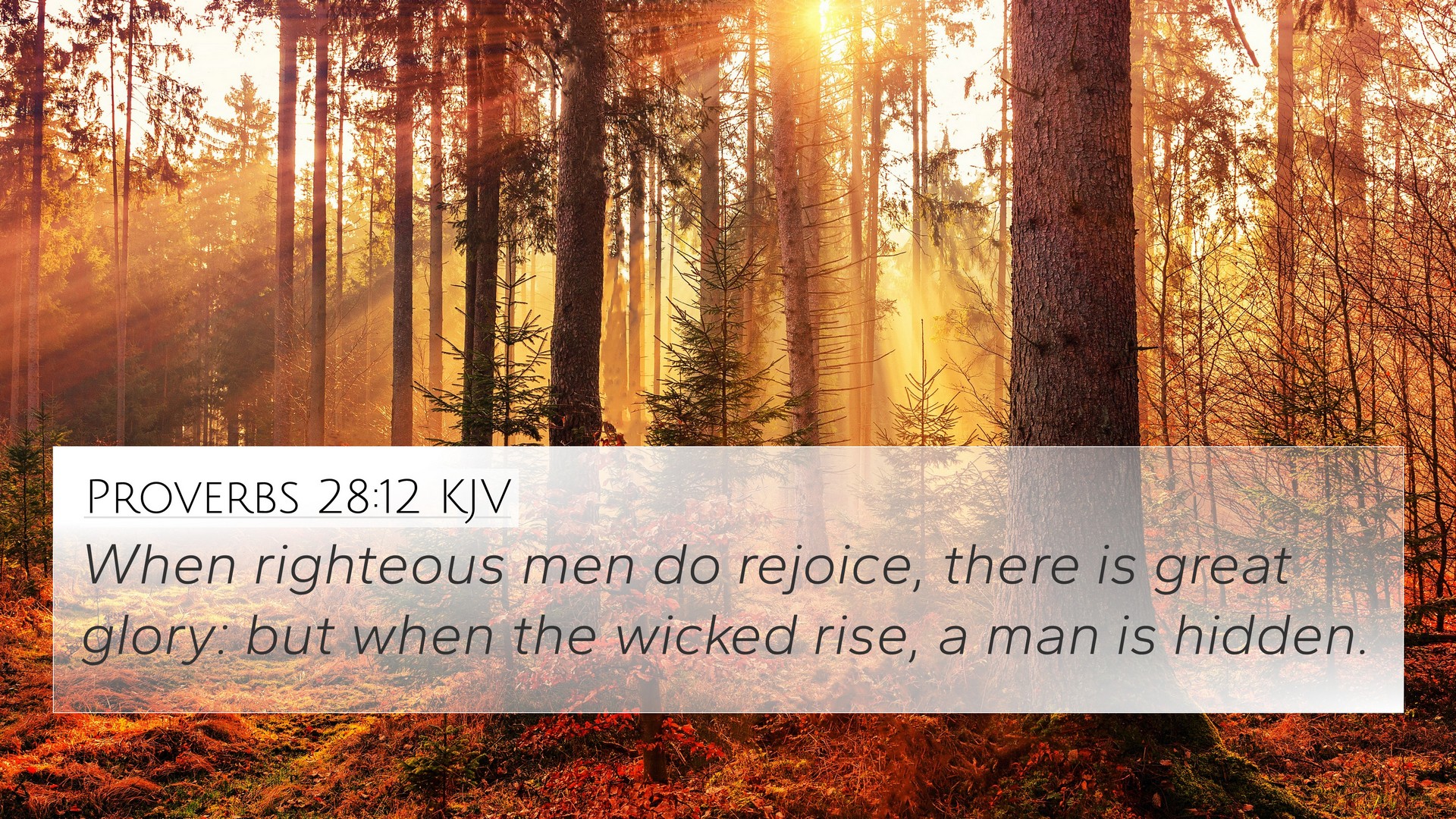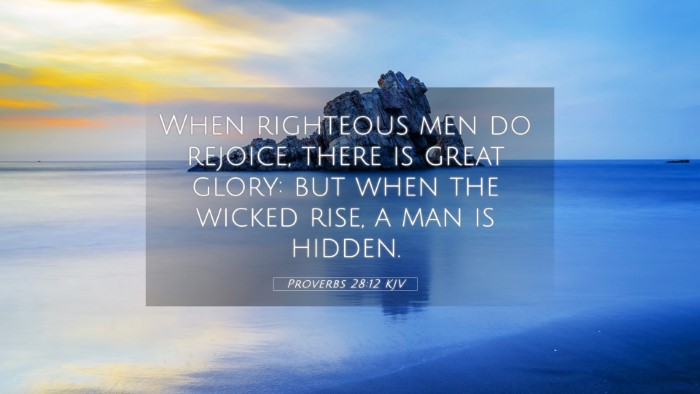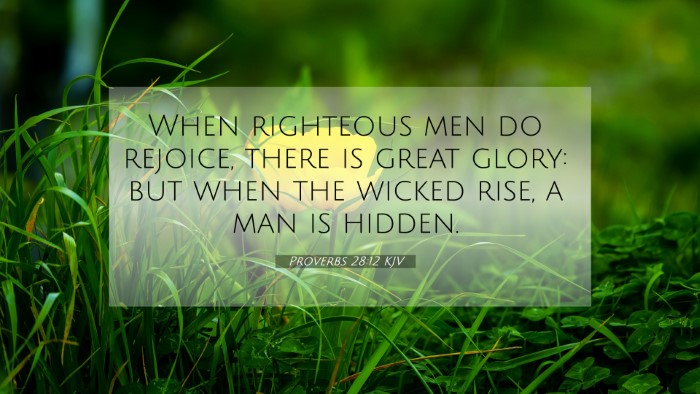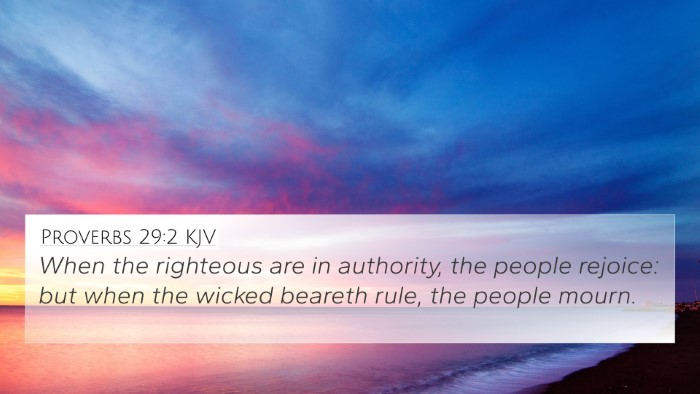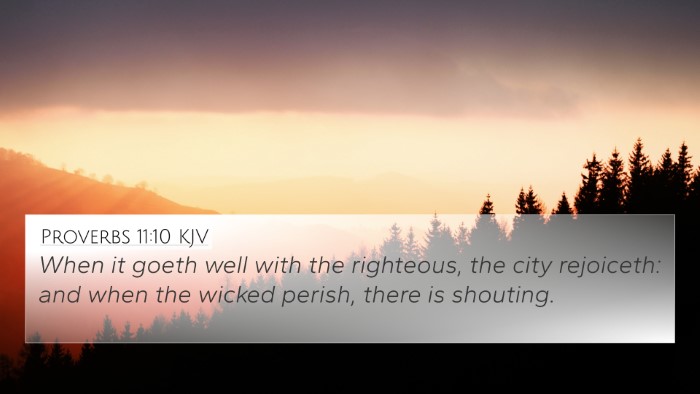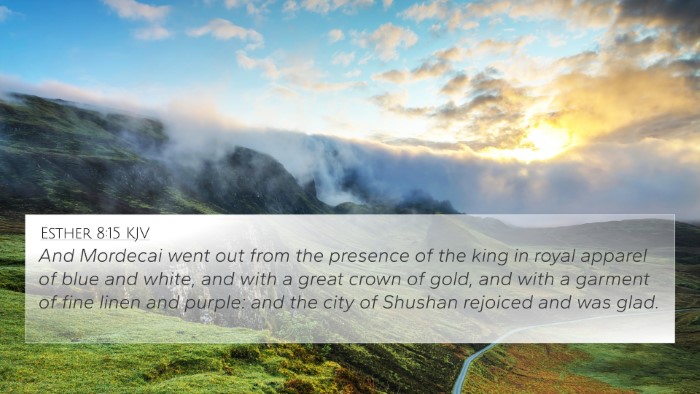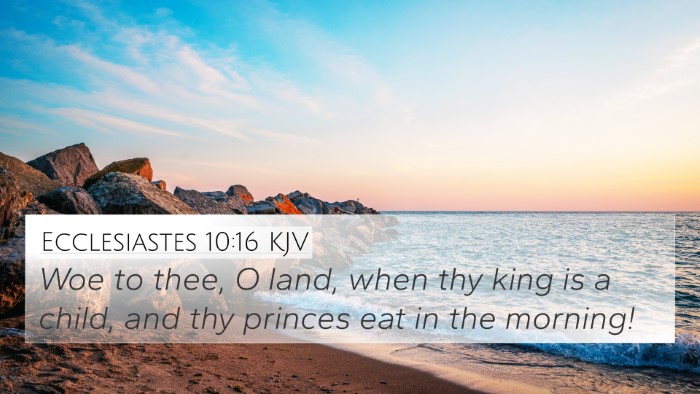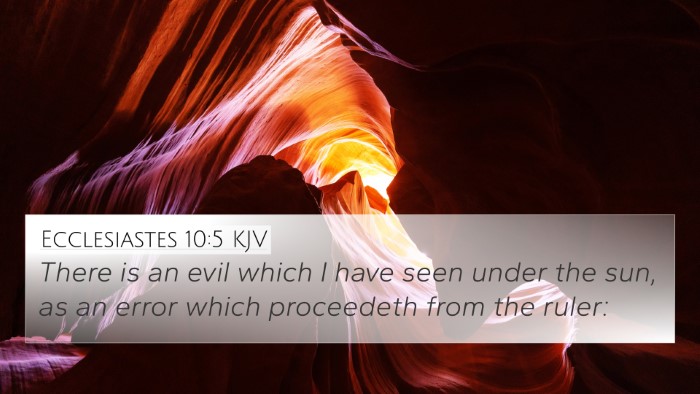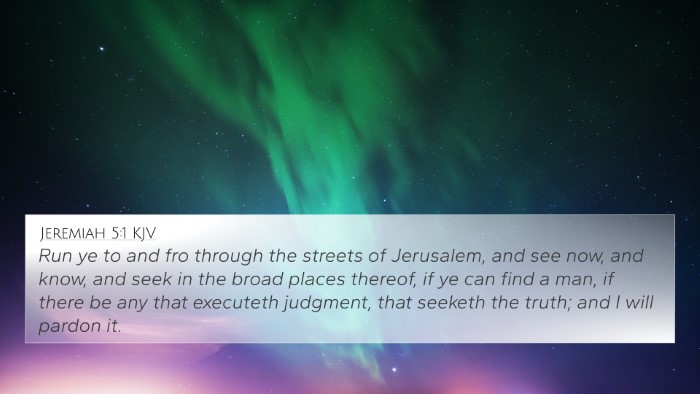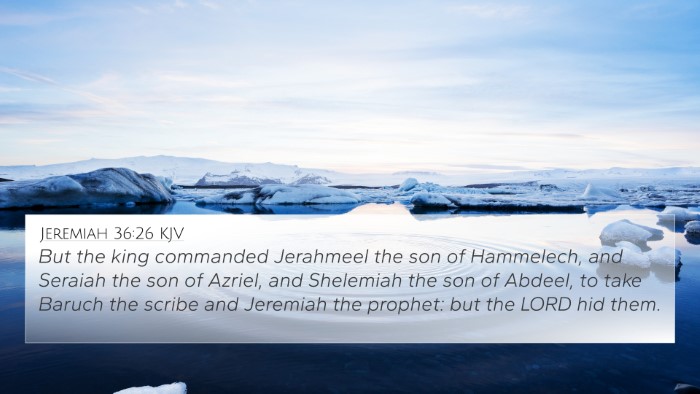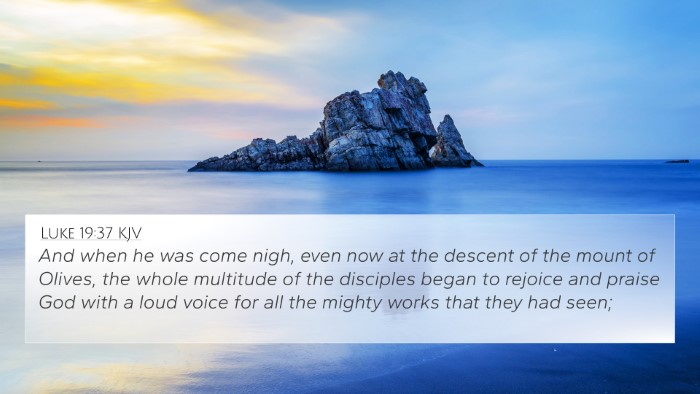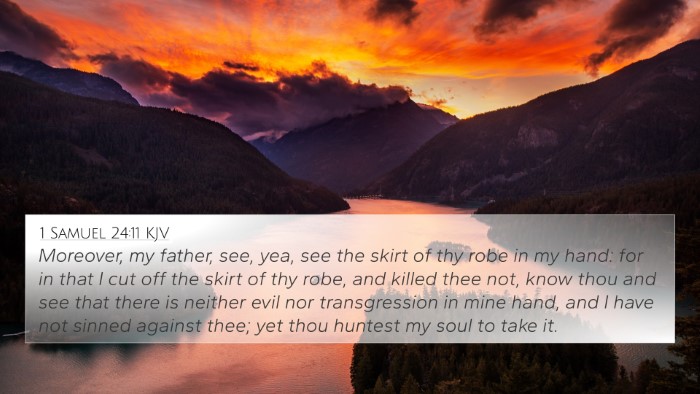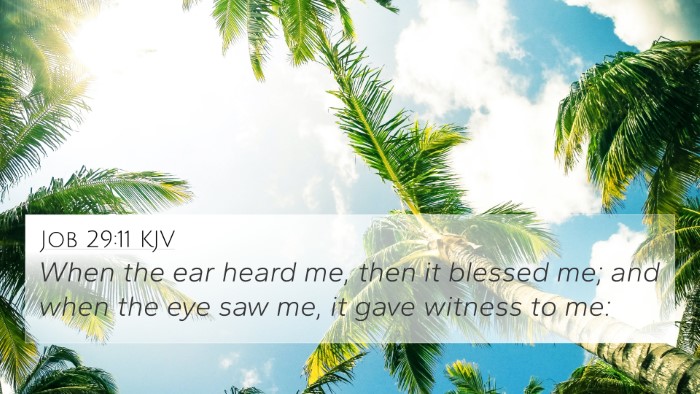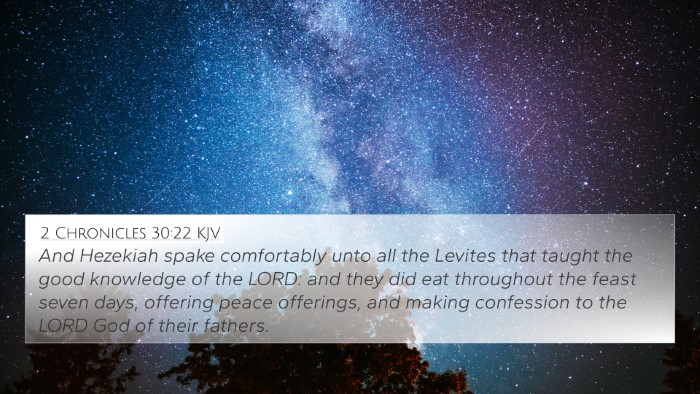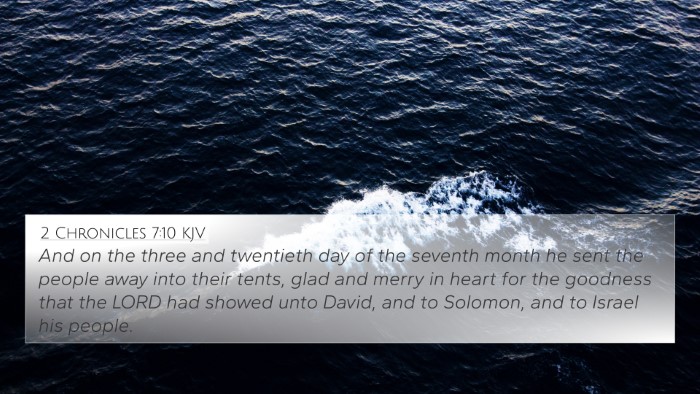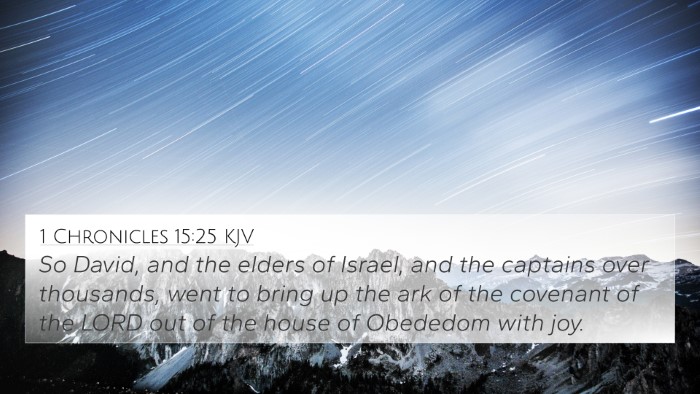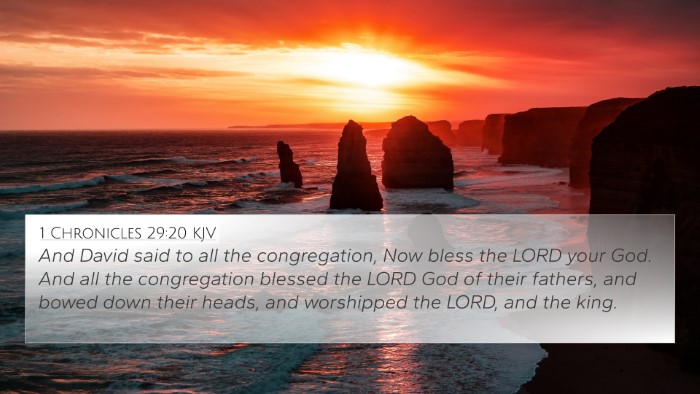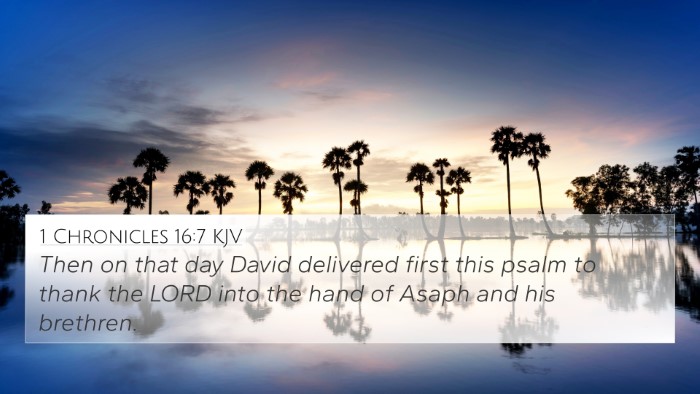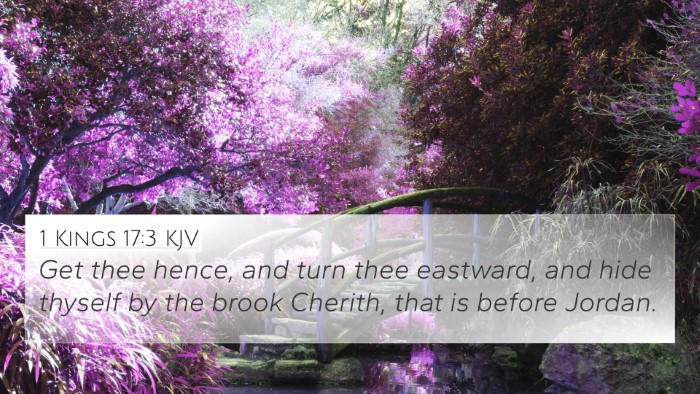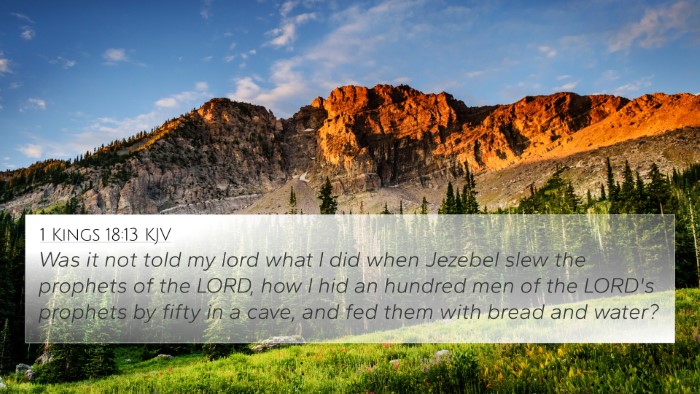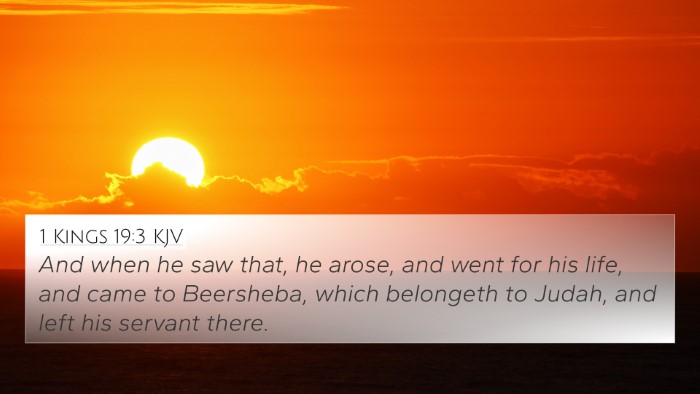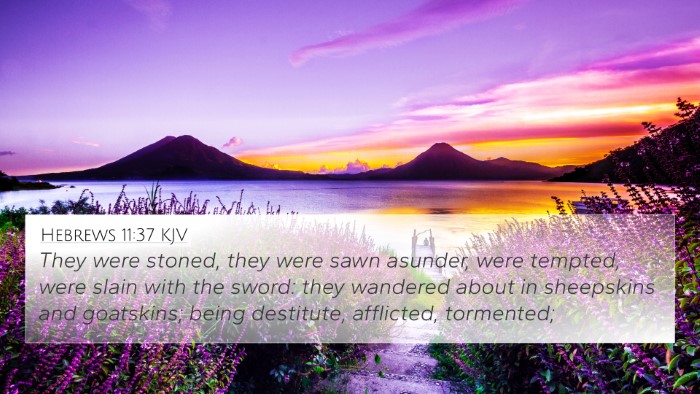Understanding Proverbs 28:12
Proverbs 28:12 states, "When the righteous triumph, there is great glory; but when the wicked rise, men hide themselves." This verse highlights the contrasting outcomes between the righteous and the wicked, emphasizing the themes of justice and acknowledgment in societal conduct.
Commentary Insights
Matthew Henry interprets this verse as a celebration of the achievements of the righteous. He notes that their victories bring joy and proclaims God's favor while hinting that the rise of the wicked brings fear and shame to society. The righteous are a source of glory; their success encourages others and showcases God's providence.
Albert Barnes elaborates on the idea of glory being associated with the triumph of the righteous, asserting that such moments reflect divine approval. He cautions that when wicked individuals gain power, it brings a period of uncertainty and anxiety in society, as people may fear the implications of their rule.
Adam Clarke emphasizes the communal nature of this verse, stating that the triumph of goodness is celebrated, while evil's ascendancy leads to withdrawal and concealment among the populace. He suggests that the fear caused by the wicked serves as a testament to their negative influence on society, in contrast to the uplifting effect of the righteous.
Bible Cross-References
- Psalm 37:34 - "Wait for the Lord and keep his way, and he will exalt you to inherit the land; you will look on when the wicked are cut off."
- Proverbs 14:34 - "Righteousness exalts a nation, but sin is a reproach to any people."
- Isaiah 57:21 - "There is no peace,” says my God, “for the wicked."
- Proverbs 2:21-22 - "For the upright will inhabit the land, and those with integrity will remain in it, but the wicked will be cut off from the land, and the treacherous will be rooted out of it."
- 1 Peter 3:12 - "For the eyes of the Lord are on the righteous, and his ears are open to their prayer. But the face of the Lord is against those who do evil."
- Matthew 5:12 - "Rejoice and be glad, for your reward is great in heaven, for so they persecuted the prophets who were before you."
- James 4:6 - "But he gives more grace. Therefore it says, 'God opposes the proud, but gives grace to the humble.'
Thematic Bible Verse Connections
This verse brings forth the enduring biblical themes of righteousness and justice. It echoes throughout the Scriptures, presenting a clear dichotomy between good and evil. Several key elements are woven into the fabric of the verse:
- Victory of Righteousness - Echoed in Romans 8:37: "No, in all these things we are more than conquerors through him who loved us."
- The Fear of the Wicked - Illustrated in Proverbs 10:24: "What the wicked dreads will come upon him, but the desire of the righteous will be granted."
- Societal Reflection - Highlighted by Proverbs 11:10: "When it goes well with the righteous, the city rejoices, and when the wicked perish there are shouts of gladness."
Applications for Biblical Cross-Referencing
Utilizing tools for Bible cross-referencing allows believers to explore connections between different scriptures, affirming their understanding of God's justice and favor towards the righteous. A well-structured bible concordance or a thorough bible cross-reference guide can enhance this exploratory journey.
How to Use Bible Cross-References
Employing a bible cross-reference system means one can easily navigate through themes of righteousness and wickedness across the Old and New Testaments. This method helps readers grasp the full intent behind Proverbs 28:12, linking it effectively with other verses that discuss the same themes, such as justice, mercy, and divine favor.
Summary and Conclusion
Proverbs 28:12 serves not only as a standalone admonition but is also a central piece in the larger narrative of Scripture regarding how God views righteousness and wickedness. Through cross-referencing, believers can see the underlying connections between biblical texts that reinforce the messages of justice, mercy, and the consequences of one's choices.
By exploring bible verse parallels and engaging in comparative Bible verse analysis, individuals deepen their understanding of divine justice and the societal implications of righteousness versus wickedness. This verse stands as a profound reminder of both personal integrity and the communal impacts of our moral choices.
